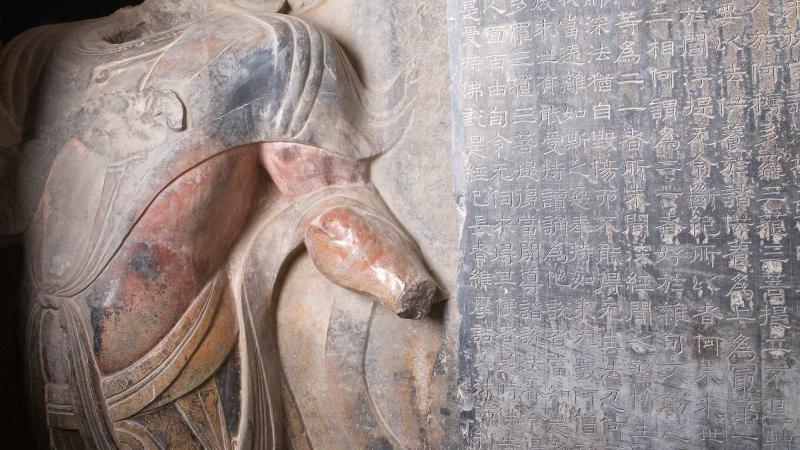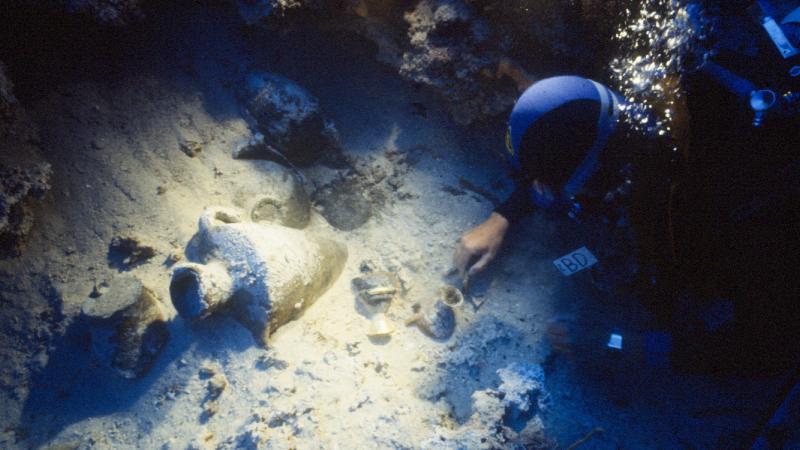In Greek mythology, Perseus, the half-God son of Zeus, explores the far corners of the known world, pursuing adventures that find him journeying to the underworld and rescuing fair Andromeda from a sea monster. In the modern world, Perseus stands guard over a digital library that lets visitors have their own adventures in ancient Greece, along with the Roman empire, Renaissance Europe, and 19th-century America.
The Perseus Project was conceived by Gregory Crane, a professor of computer science and classics at Tufts University. Crane wanted to create an online digital library where users could roam through antiquity without being bound by the usual strictures of a library. He and his team have succeeded. A user who wants to read Homer can switch back and forth between the original Greek and an English translation. Dictionaries take the mystery out of unfamiliar words and why a verb is declined a certain way, while maps help users orient themselves. To see how the Greeks and others portrayed Homer’s world, an image-rich database of vases, coins, archaeological sites, and more provides a visual feast.
In a library, all these items—literature, philology, classical archaeology—would be housed in different sections. On Perseus, they are interconnected. Solving the conceptual and methodological problems to make it all work was akin to slaying Medusa, the mythical creature whose eyes turned people to stone. To defeat the beast, Perseus embarked on a quest to gather tools and received a helping hand from the gods. Crane’s Perseus team built tools, putting 11 NEH grants totaling $1,162,653 to work (which supported everything from assembling lexicons to creating new digital editions to integrating materials from other libraries), and constantly looked for creative solutions.
Crane’s inspiration for Perseus came from two places: his love of the ancient world and a passion to share it with others. A scholar trained in the classics, Crane has written about Greek drama, Hellenistic poetry, Thucydides, and the Odyssey. But even as he learned the tools of the academic trade, he experimented with how computers could aid his work. As a graduate student at Harvard, he wrote a Unix-based program to retrieve entries from Thesaurus Linguae Graecae, a master library of all known Greek texts, which had been put on magnetic tape for the first time. There’s also the memory of his younger self, the boy who read his way through the local library and struggled to find more books to read on a subject he’d fallen in love with. He wanted a place where that kid—or anyone—could go to keep learning more and more.
Crane understands that not everyone will develop the same passion for Greek and Latin, which is why Perseus follows the open-source model. The tools developed by Perseus can be used by other projects and disciplines to create online resources. They’ve done the work, so others don’t have to. The approach has also allowed Perseus to expand its offerings to other eras and subjects.
“Open source is vital for the future of the humanities,” says Crane. “We need to make sources as widely available as possible—and give people the tools to use them.”
Written by Meredith Hindley, senior writer for Humanities.


